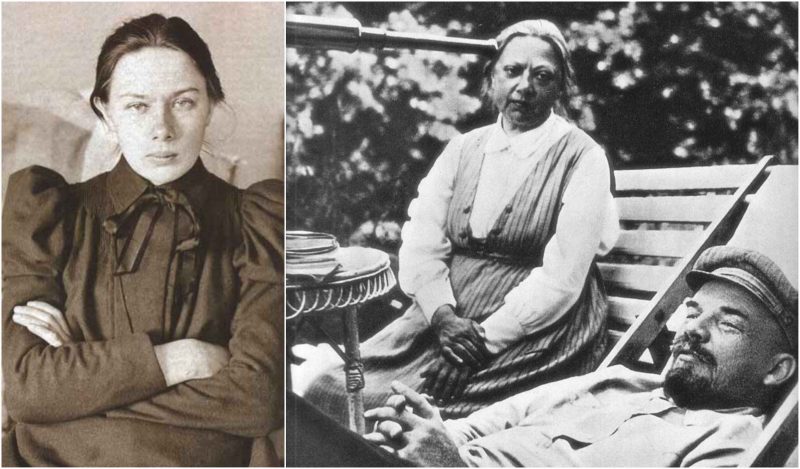Nadezhda Krupskaya was a Marxist activist, a revolutionary, and a dedicated advocate of educational reform in the Soviet Union. She was also the wife of Vladimir Lenin for 26 years, until his death in 1924.
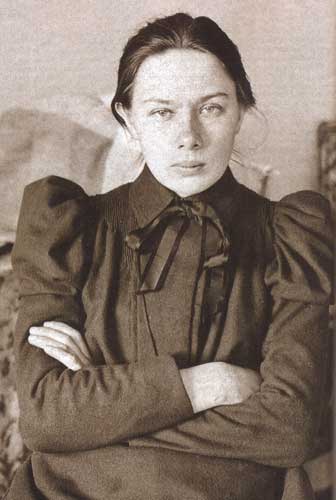
She was raised in a family of noble but impoverished parents. From an early age, she could witness the benefits of education and the difficulty of hard labor. She was dedicated to studying, and after her father’s death, she provided tuition for children. She loved Leo Tolstoy’s work and his ideas about education – the importance of the individual and the relationship between teacher and student.
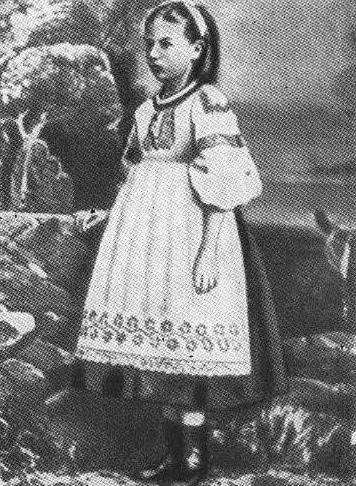
Early in her life, she was introduced to the work of Karl Marx. In 1894, she first met Lenin, who was giving speeches in a discussion group. Not much is known about the beginning of their relationship, but they were both arrested within a few months of each other. When Lenin was sentenced to exile in Siberia, he wrote a letter to Nadezhda asking her to join him. In order to do that they had to be married, so they married as soon as Nadezhda arrived in Siberia.
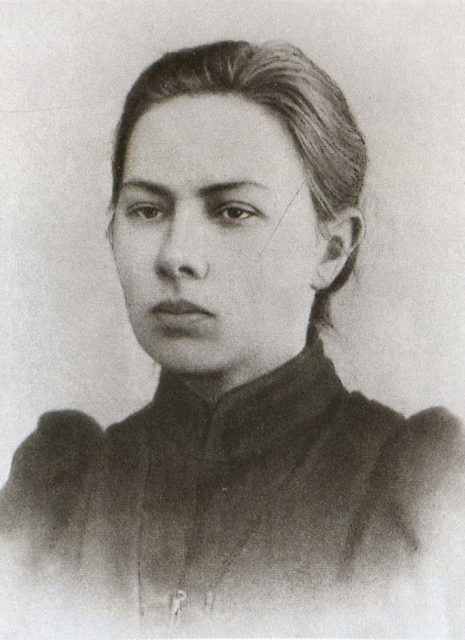
Even though very little is known about their love, it is certain that they had a strong professional partnership. In some of her notes, Nadezhda had written: “with him even such a job as translation was a labor of love.”
In 1901, after Krupskaya served her time, she joined Lenin in Munich and then they both left for London. After living in a few different European cities, they returned to Russia in 1905.
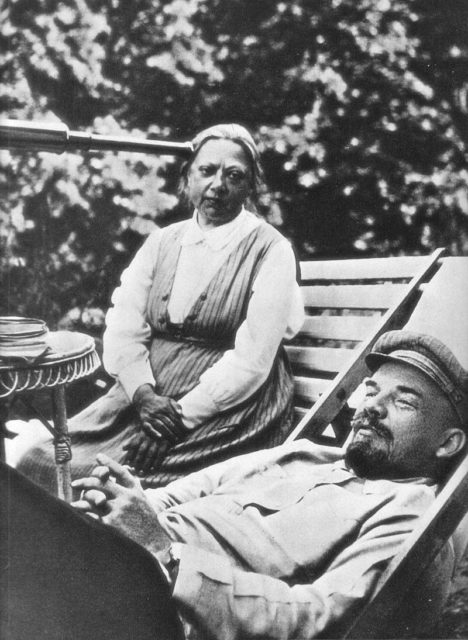
Apparently, Nadezhda suffered from Graves’ disease, but nothing could prevent her from working as a personal secretary to Lenin and as the editorial secretary for the party newspapers and journals. In his book, My Life, Leon Trotsky, who had the chance to work with Lenin and Krupskaya between 1902 and 1903, described the role of Nadezhda as crucial in the work of the Russian Social Democratic Labour Party.
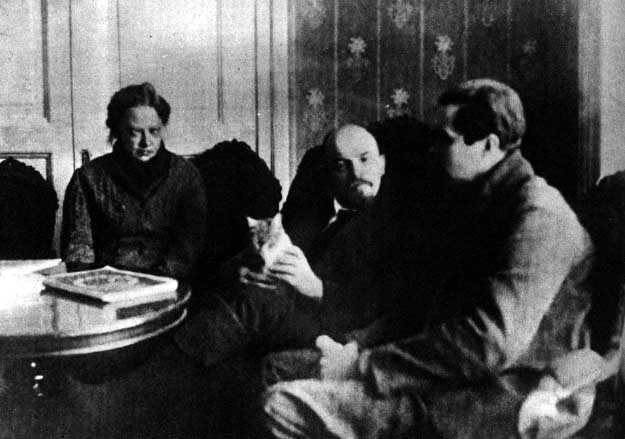
In his words, Krupskaya was “at the very center of all the organization work; she received comrades when they arrived, instructed them when they left, established connections, supplied secret addresses, wrote letters, and coded and decoded correspondence. In her room, there was always a smell of burned paper from the secret letters she heated over the fire to read…”
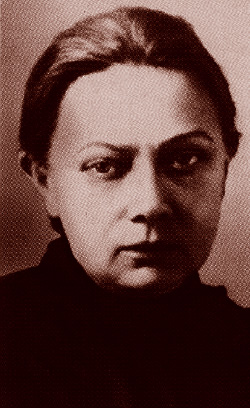
After the failed revolution of 1905, Krupskaya moved to Paris and worked as a teacher, but returned to Russia after the October revolution in 1917 and spread Bolshevik propaganda. She was the only connection between Lenin and everyone else while he was hiding in Finland.
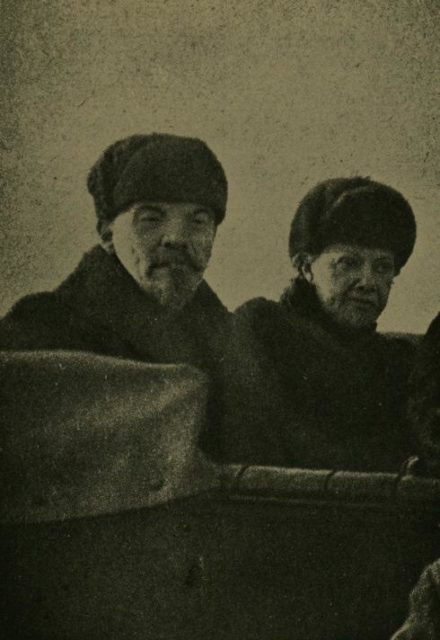
In the meantime, she became a deputy to Anatoliy Lunacharskiy, the People’s Commissar for Education, and in 1920 became chair of the education committee.
From 1929 to 1939 she worked as the deputy education commissar. She set the grounds of a system which would provide the Soviets with an educated population. She always believed that books, education, and critical thought would lead to a better quality of life for the Soviet nation.

She fought for educational reforms until her death. She remained a committed Marxist and never changed her view on public education. Her philosophy was that the spirit should be fed so that the collective quality of life could be improved.
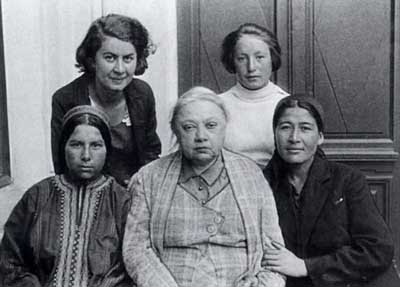
Of course, she never thought that a critical mind could lead to individualism, which might bring capitalism and fill the spirit with consumerism. She truly believed in Marxism and that imagination could only become realistic once the nation was aware of its benefits.
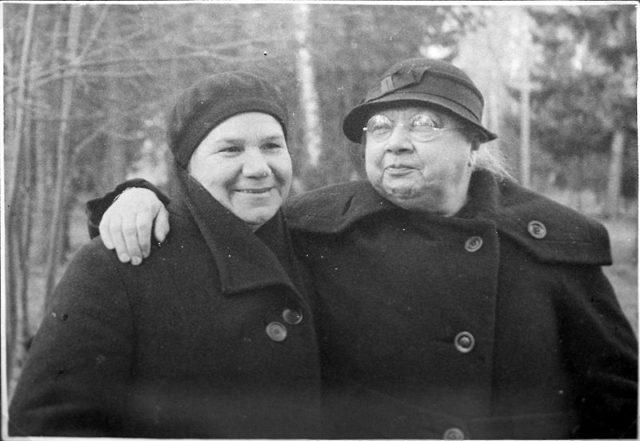
Nadezhda died in 1939, 15 years after Lenin died. After her death, a chocolate factory was renamed in her honor – the Krupskaya chocolate bar still exists today.
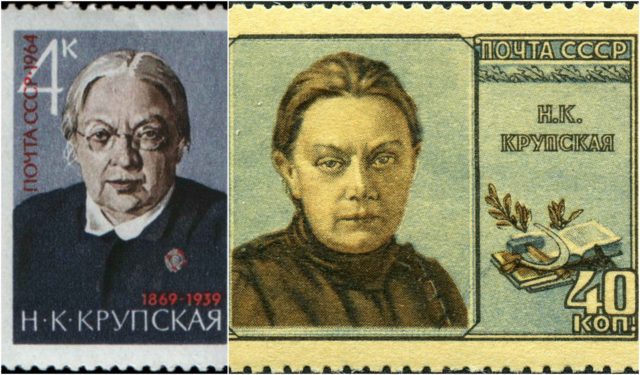

The asteroid discovered in 1971 by Soviet astronomer Tamara Mikhailovna Smirnova was named “2071 Nadezhda” in her honor. Besides the books and movies dedicated to her, there is also UNESCO prize named in her honor – the UNESCO Nadezhda K. Krupskaya literacy prize.
